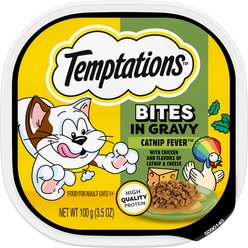
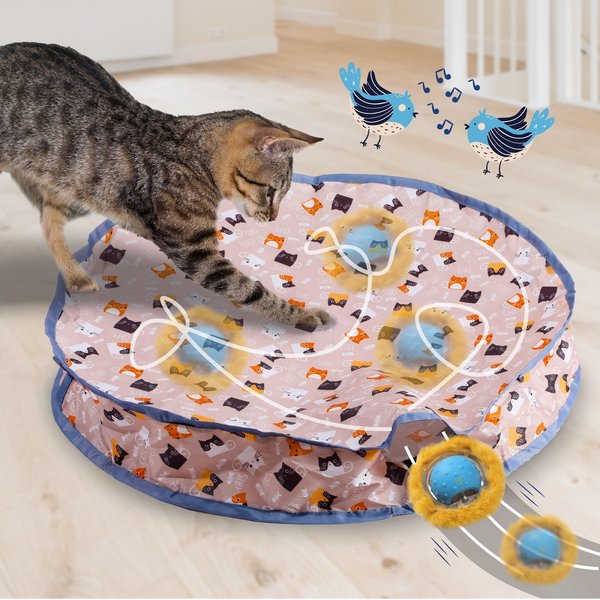
Is Your Cat Suffering from a Sensitive Stomach?
Does your furry friend frequently experience vomiting, diarrhea, or excessive gas? A sensitive stomach could be the reason! Choosing the right cat food is essential for their comfort and overall well-being. This guide will help you understand the causes of sensitive stomachs in cats and navigate the options for finding the perfect food to soothe their digestive woes.
Understanding Sensitive Stomachs in Cats
As caring cat owners, we want the best for our feline companions. When digestive issues arise, identifying the cause is crucial. Often, the culprit is their diet. Many commercial cat food options contain ingredients that can irritate a sensitive digestive system, such as artificial additives, fillers like corn and wheat, and certain proteins.
Finding your cat’s specific triggers may involve some experimentation, but understanding the types of cat food designed for sensitivities is the first step. Options like limited-ingredient diets, hypoallergenic formulas, and those with novel proteins (like duck or rabbit) can make a significant difference. Let’s explore these options and provide guidance on selecting the best cat food to bring back your feline friend’s playful self.
Cat Digestion 101: What You Need to Know
A cat’s digestive system is shorter and more acidic than a human’s, designed to efficiently process meat-based diets. When their diet contains too many fillers, artificial ingredients, or common allergens like grains or dairy, it can lead to digestive upset.
So, how do you find the perfect cat food for a sensitive stomach? Look for recipes with limited ingredients to minimize potential allergens and irritants. Protein sources like fish, duck, or rabbit are often gentler than chicken or beef. Also, consider grain-free options, keeping in mind the carbohydrate source used to replace the grains (sweet potato and peas are common). Pay close attention to the ingredients list, avoiding artificial colors, flavors, and preservatives. Probiotics and prebiotics can also promote healthy gut bacteria and improve digestion. Always introduce new cat food gradually to avoid further upsetting their system.
What Causes Sensitive Stomachs in Cats?
If your cat experiences frequent vomiting, diarrhea, or gas, they might have a sensitive stomach. Several factors can contribute to this:
- Food allergies or intolerances: Certain proteins, like beef or chicken, and grains like wheat or corn, can trigger digestive upset.
- Underlying medical conditions: Inflammatory Bowel Disease (IBD) can play a role.
- Other factors: Parasites, bacterial infections, and even stress can disrupt your cat’s digestive system.
- Poor-quality cat food: Artificial additives, fillers, and low-quality ingredients can be difficult to digest.
One of the most effective strategies is carefully selecting the right cat food. Look for formulas specifically designed for sensitive stomachs. These often contain limited ingredients, novel proteins (like duck or venison, which are less likely to cause allergic reactions), and easily digestible carbohydrates, like rice or potato. Always consult with your veterinarian to rule out underlying medical conditions and get personalized recommendations for your cat’s dietary needs.
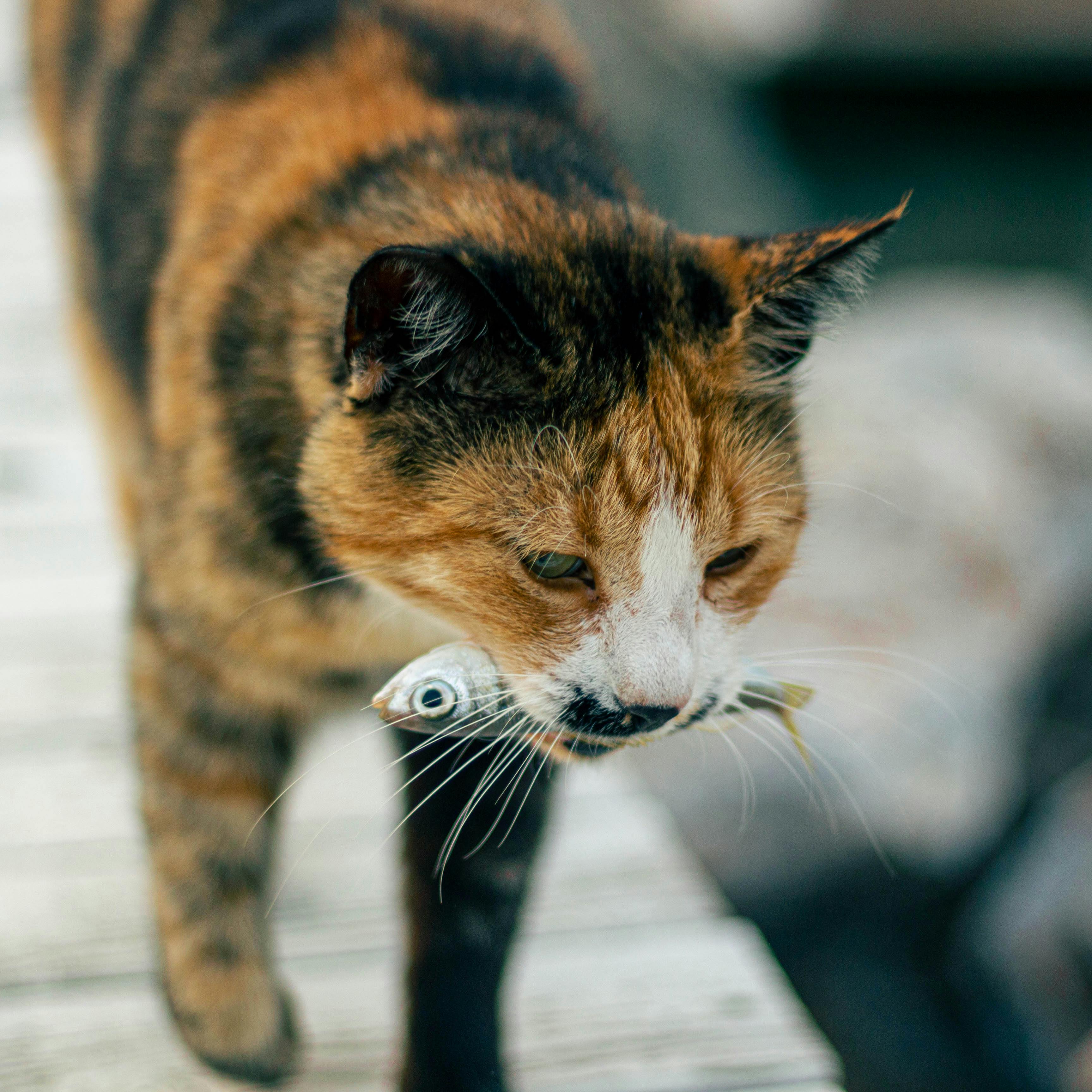
Photo by: Barış Yiğit ([https://www.pexels.com/@baris-yigit-239931604])
Recognizing the Signs of a Sensitive Stomach
Is your cat constantly experiencing an upset tummy? Recognizing the signs is crucial. Common symptoms include:
- Frequent vomiting
- Diarrhea or unusually soft stools
- Increased gas
- Loss of appetite
- Weight loss
Pay close attention to their litter box habits and general behavior. Are they constantly grooming to alleviate discomfort? Are they less playful than usual? If you suspect a sensitive stomach, diet plays a significant role.
A sensitive stomach can be triggered by common allergens like grains, artificial additives, and certain proteins. Many cats benefit from limited-ingredient diets that minimize potential irritants. Look for cat food formulations specifically designed for sensitive stomachs. These often contain easily digestible proteins like fish or hydrolyzed chicken and may be free of common allergens like corn, wheat, and soy. Probiotics and prebiotics can also promote healthy gut flora. Always consult your veterinarian to rule out underlying medical conditions and get personalized recommendations.
Decoding Cat Food Labels: What to Look For
Selecting the right cat food is crucial for managing digestive issues. But navigating cat food labels can feel overwhelming.
Start by looking for easily digestible protein sources like chicken, fish, or rabbit. Avoid foods with high levels of plant-based proteins or excessive fiber, which can be harder to process. Ingredient lists starting with named meat sources are generally preferred.
Pay close attention to added ingredients. Common culprits include artificial colors, flavors, and preservatives, which can irritate the digestive tract. Grain-free cat food might be a good option, as grains can sometimes be difficult to digest. Ultimately, consulting your veterinarian is the best approach. They can help identify specific allergens or sensitivities and recommend the most appropriate cat food for your cat’s unique needs.
Key Ingredients to Consider in Sensitive Stomach Cat Food
When choosing cat food, pay close attention to the ingredient list. Highly digestible proteins are crucial. Look for single-source proteins like chicken, turkey, or fish, rather than generic “meat by-products.”
Another key factor is the presence of potential irritants. Avoid cat food containing artificial colors, flavors, and preservatives like BHA, BHT, and ethoxyquin. Grains like wheat, corn, and soy are also common culprits. Grain-free formulas, or those with easily digestible grains like rice or oats, are often a better choice.
Finally, prebiotics and probiotics are beneficial. Prebiotics feed the good bacteria in the gut, promoting a healthy digestive system, while probiotics are live beneficial bacteria that can help restore balance.
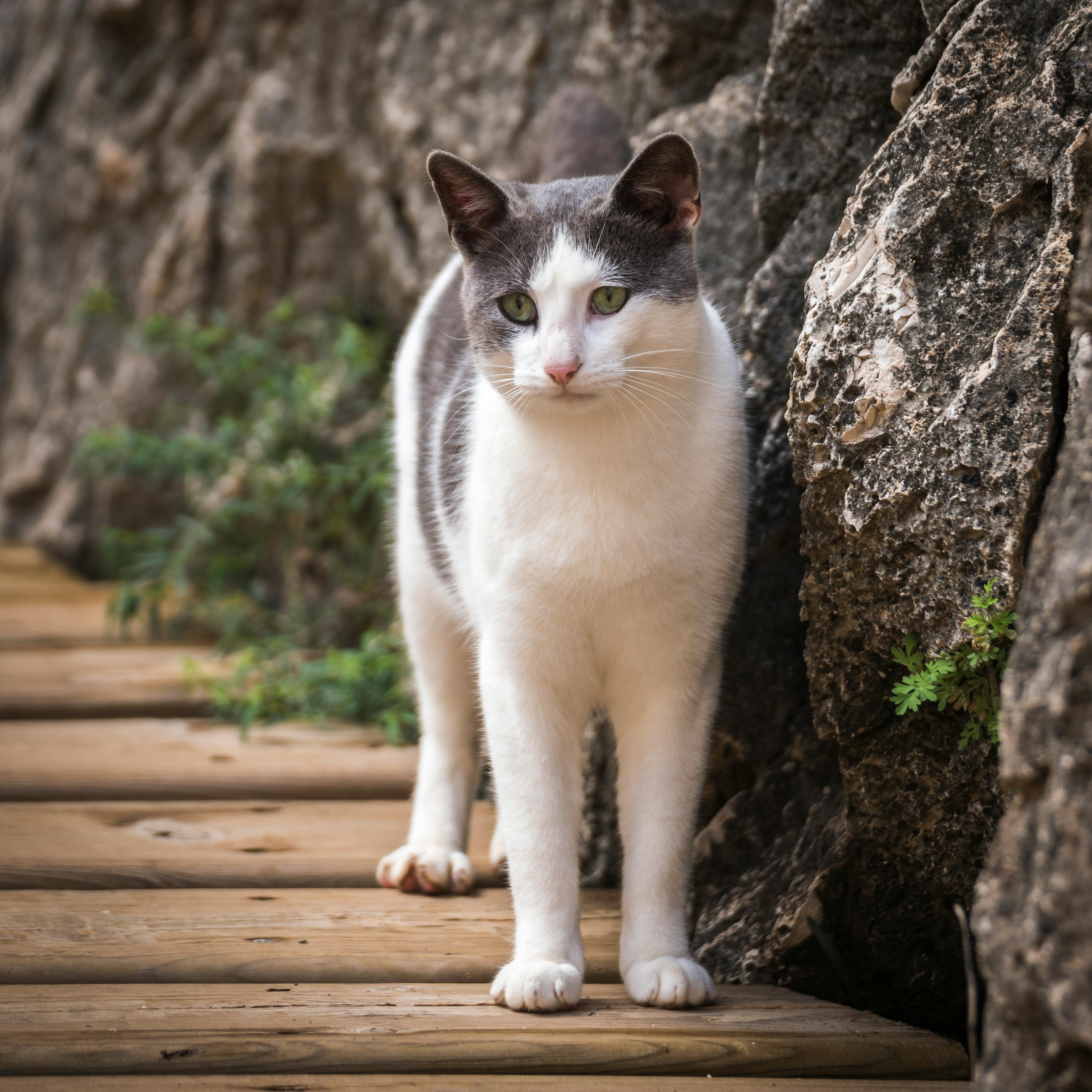
Photo by: Dorte Fjalland
Dry vs. Wet Cat Food: Which is Best for Sensitive Stomachs?
Choosing the right cat food can feel overwhelming! One of the first decisions you’ll face is whether to opt for dry or wet food. Both have pros and cons for sensitive stomachs.
Dry cat food is often more economical and convenient. Look for formulas with limited ingredients and novel proteins like duck or venison. However, dry food can be harder to digest, especially if your cat doesn’t drink enough water.
Wet cat food has a higher moisture content, which can aid digestion and prevent dehydration. It’s often more palatable, encouraging picky eaters to consume it. Choose grain-free options with easily digestible proteins like chicken or turkey. Be mindful of ingredients like carrageenan, which some cats may be sensitive to. Ultimately, the best choice depends on your cat’s individual needs and preferences. Consult with your veterinarian to determine the most suitable diet.
Transitioning to Sensitive Stomach Cat Food: A Gradual Approach
Switching your cat’s diet abruptly can worsen their digestive upset. A gradual transition is key.
Start by mixing a small amount of the new sensitive stomach cat food with their current food (around 25% new food and 75% old food). Over the next 7-10 days, slowly increase the proportion of the new food while decreasing the old.
Keep a close eye on your cat’s stool and overall behavior during this transition. If you notice any signs of digestive upset, slow down the process and consult with your veterinarian.
Beyond Food: Other Tips for Managing a Sensitive Stomach
While specialized cat food can make a huge difference, diet isn’t the only factor.
- Feeding Environment: Is it peaceful and quiet? Competition or loud noises can induce stress. Try providing a secluded feeding area.
- Feeding Schedule: Stick to a consistent schedule. Small, frequent meals are often easier to digest than one or two large ones. If your cat tends to gulp down their cat food quickly, try a slow-feeder bowl.
- Minimize Stress: Cats are creatures of habit and can be easily stressed. Provide plenty of safe spaces and enrichment activities.
Always consult with your veterinarian about managing your cat’s digestive health. They can provide personalized advice and rule out any underlying medical conditions. They might also recommend probiotics or other supplements.
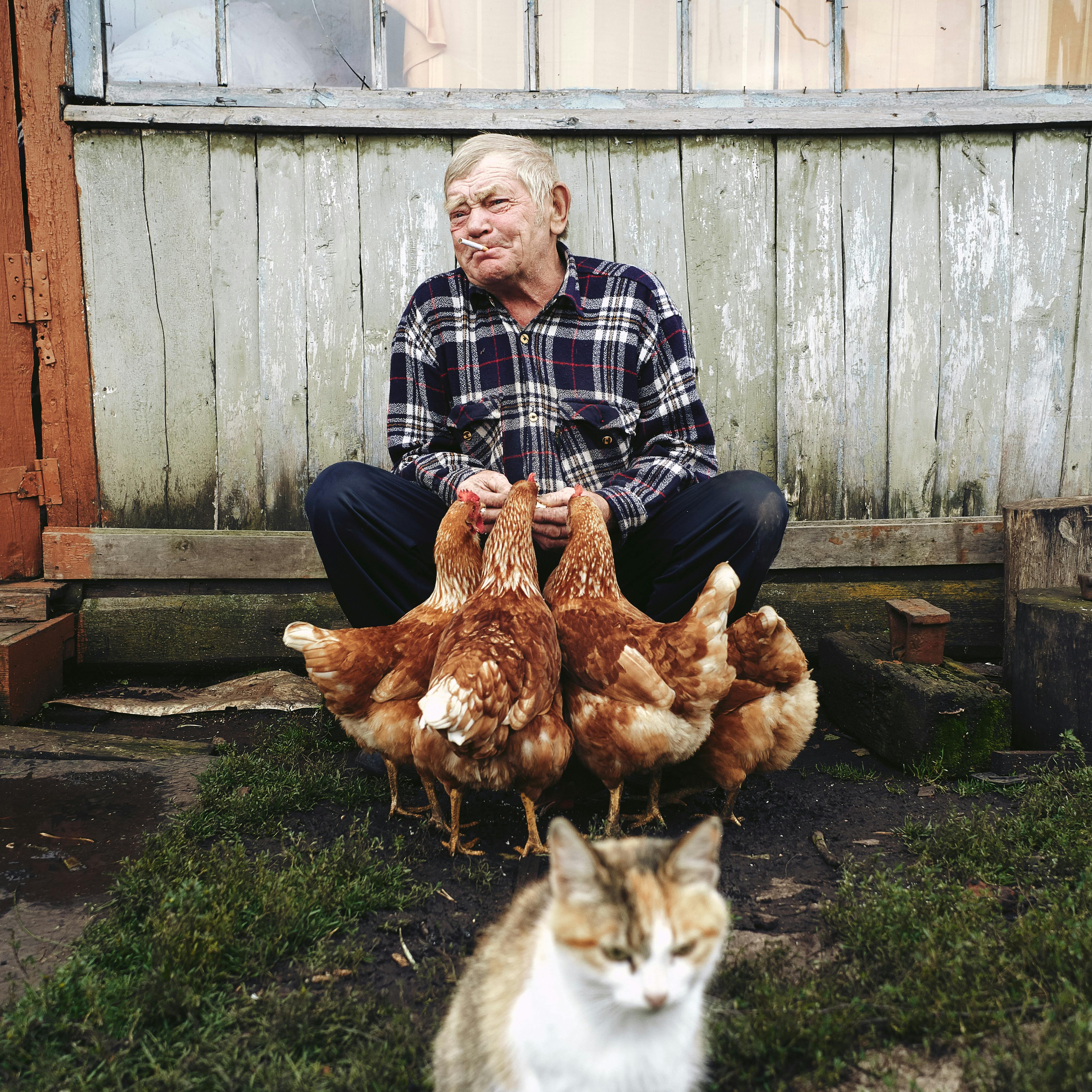
Photo by: Dmitry Egorov
When to See a Vet: Don’t Delay Professional Help
If your cat has a consistently upset tummy – think frequent vomiting, diarrhea, or a noticeable change in appetite – don’t automatically assume it’s just a phase. While changing their diet can sometimes resolve the issue, persistent digestive problems warrant a trip to the vet.
Before experimenting with different brands of cat food, rule out underlying medical conditions. Your vet can perform tests to identify allergies, infections, or even more serious issues like inflammatory bowel disease. They can then recommend a course of treatment tailored to your cat’s specific needs. Even the most hypoallergenic formula won’t solve a problem stemming from a parasitic infection or other health concern. A vet can guide you in selecting appropriate cat food options after a thorough examination and diagnosis.
Ignoring persistent digestive issues can lead to dehydration, weight loss, and other complications. So, when in doubt, consult your veterinarian.
Top Recommended Sensitive Stomach Cat Food Options (with Reviews)
A sensitive stomach can make your feline friend miserable. Here are a few top-recommended options, along with quick reviews:
- Purina Pro Plan Sensitive Skin & Stomach: Many owners report significant improvement in their cat’s digestion after switching to this food. Its main protein source is salmon, often well-tolerated.
- Royal Canin Veterinary Diet Hydrolyzed Protein: If your vet suspects food allergies, this is a good choice. The proteins are broken down to a size too small for the cat’s immune system to recognize, reducing the chance of a reaction. (Requires a vet’s prescription.)
- Blue Buffalo Basics Limited Ingredient Diet: With a limited ingredient list and a single animal protein source (often turkey or duck), this cat food minimizes potential allergens.
Remember to transition your cat slowly to any new food to avoid further digestive upset. Always consult with your veterinarian to rule out other underlying health conditions and to determine the best cat food for your pet’s specific needs.
Conclusion: A Happier, Healthier Cat Awaits
Navigating the world of cat food for a sensitive stomach can feel overwhelming, but remember, you’re not alone! By understanding the potential triggers and carefully selecting the right food, you’re taking a huge step towards a happier, healthier life for your cat. Don’t be afraid to experiment – always gradually – with different formulas, paying close attention to how your cat reacts. Keep a food journal to track their progress and identify any patterns.
Consider limited-ingredient diets or those specifically formulated for sensitive stomachs. Hydrolyzed protein options can also be beneficial, as they break down proteins into smaller components, making them easier to digest. Remember to consult with your veterinarian for personalized recommendations based on your cat’s specific needs and health history. With patience and dedication, you can find the perfect diet that soothes your cat’s tummy and allows them to thrive.


